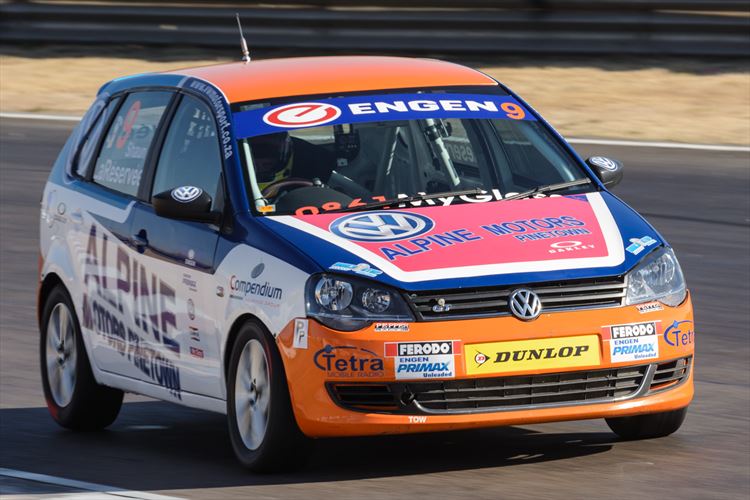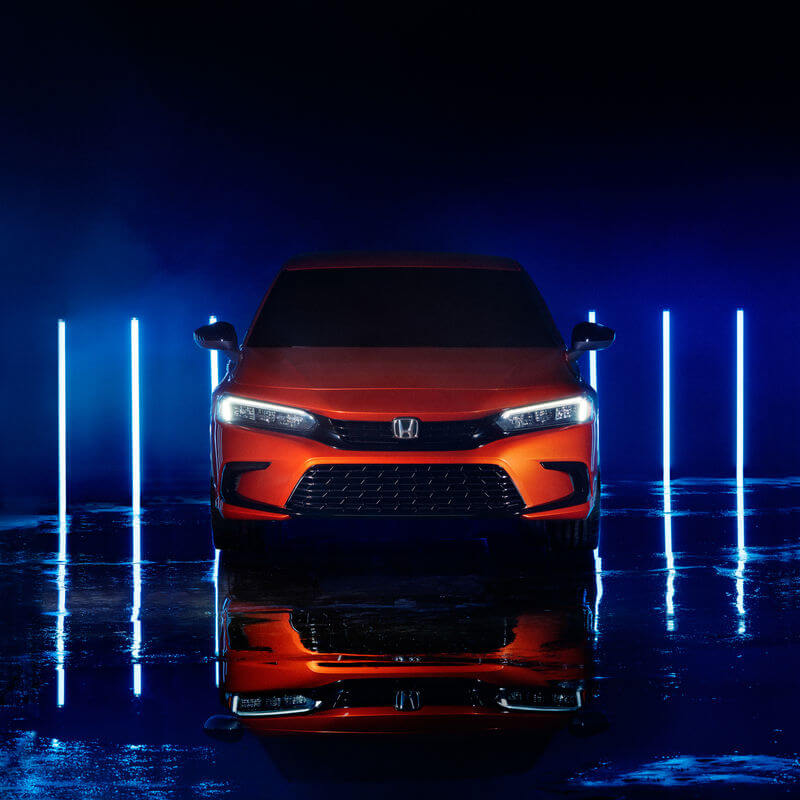New global marketing strategy for Volvo Cars
- Challenges traditional car marketing
- Volvo-branded event to replace motor shows
- New online marketing channels will establish digital leadership
Volvo Cars recently announced its brand new global marketing strategy that allows it to market and sell cars in ways never before seen in the global automotive industry.
“The car industry is one of the most conservative, least evolutionary marketing clusters in global business,” said Alain Visser, Senior Vice President Marketing, Sales and Customer Service at Volvo Cars. “For decades, car marketing has been following a certain pattern which is followed by the entire car industry. Now, Volvo Cars chooses to defy that logic and implement a strategy that is geared towards its own needs.”
The new strategy – the ‘Volvo Way to Market’ – focuses on four areas: marketing tools, digital leadership, dealerships and service.
One significant development contained in the new marketing strategy is that Volvo will in future concentrate on three key international motor shows, one each in Europe, the US and Asia.
In addition, it will conduct an annual Volvo event to showcase its products and brand. It will also place online sales and marketing at the centre of its marketing strategy and drastically upgrade its dealerships and service offering.
“With the Volvo Way to Market, we don’t want to throw all existing marketing concepts overboard,” said Mr Visser. “Many of them exist for a good reason. We also don’t want to have the arrogance to say that we are better than all the rest. But we do have the self-confidence to say that we are different. So our way to market needs to be different as well.”
The details of the new strategy are as follows:
Marketing tools
The Volvo Way to Market entails a radically new approach towards the tools used to market Volvo cars to the general public.
Motor shows
Volvo Cars sees the need to expose the press and customers to its brand, products and innovations, but motor shows are not always the best way to do this. “Motor shows are a rather traditional affair in which brands crowd out each other at set times in the battle for press exposure,” said Mr Visser.
That is why Volvo Cars will gradually reduce its motor show activities and remain in only three of the most prominent international motor shows: Geneva in Europe, Shanghai/Beijing in China and Detroit in the United States.
Instead of following the traditional motor show calendar, Volvo Cars will embark on a series of new initiatives that seek to have a stronger and more individual approach towards the press and customers.
The company will organise an annual Volvo event where the Volvo brand, new products and innovations are presented in a manner that is commensurate with its brand and identity. These events will allow media and visitors more direct access to Volvo products, technology and spokespersons without the time and logistics restrictions associated with large automotive shows.
By attending the three above-mentioned motorshows and organising its own annual event, Volvo will be able to meet the needs of a larger variety of public and media.
Locally, Volvo will not be present at the Johannesburg International Motor Show and will endeavour to find innovative ways to present our product range and technology to the media and the public.
Advertising
Volvo Cars’ advertising spend will not be at the level of its larger competitors. That means the Volvo Cars message needs to stand out and the company will need to be selective in terms of media channels. Volvo Cars plans to significantly increase its investments in its brand message, but these will be targeted carefully to ensure optimum effectiveness. We will again break with tradition where we can, and if it makes sense to do so.
Sponsoring
Every brand in the industry is involved in some form of sponsoring activity, mostly because it is regarded as a ‘must have’ within the marketing mix. When it comes to sponsorship, locally Volvo Cars will have a carefully targeted approach to ensure we are effective and efficient.
Volvo Cars will increase its commitment and investment in the Volvo Ocean Race – which is owned by Volvo as opposed to being a sponsored event. Rather than just another sponsoring activity, the Volvo Ocean Race is purely Volvo – it is the most competitive, fair and pure blend of people with nature.
Digital leadership
The biggest revolution currently underway in the car industry is not happening in the headquarters of manufacturers themselves, but in peoples’ living rooms.
The vast majority of customers around the globe shop online nowadays – rather than going from dealership to dealership, car buyers now go from website to website. This pattern of behaviour is increasingly true in South Africa.
As a result, the first leg of the Volvo Way to Market focuses on digital leadership and identifies three key elements:
Digital commerce
Volvo Cars will start to sell online gradually across the globe. But rather than a replacement of our dealership network, online sales will complement our dealerships. Volvo Cars has worked closely with its dealer network in developing the tools in order to retain the personal touch that is so important in buying, delivering and servicing cars.
A first, successful step in digital commerce was taken with the online-only sale of 1,927 Special Edition Volvo XC90’s in September last year, and this success further boosts the company’s commitment to growing its digital commerce activities. In this case the customers secured their cars with an online deposit and the sales were completed through direct contact with our dealers
An industry-leading configurator
Instead of the existing ‘build up your car from scratch’ concept that is ubiquitous in the car industry, Volvo Cars will offer customers a simple and functional experience that starts with what it calls ‘the designers choice’: a fully-specified car which the consumer can then adjust based on personal taste and budget.
Once the choice has been made, the consumer receives a short video which shows the car of choice in motion. This will result in a simple, cool, fun and premium experience.
An industry-leading website
The new Volvo Cars website is no longer simply a source of information. It is a brand experience in which every screen and every single piece of information is laid out in a Volvo way and in line with the Volvo brand and values.
Dealerships
Several car brands invest in so-called brand centres, located in major cities. Volvo Cars believes that each Volvo dealer is a brand centre on its own. That is why the company has started to implement the following initiatives:
- All new dealerships will have a globally uniform lay-out and look and feel. Exterior and interior will look and feel Scandinavian and truly Volvo.
- Existing dealerships will be upgraded in a similar way with small details that make a difference. These will display the Scandinavian roots of the Volvo brand and the key attributes and customer benefits of Volvo products.
- Volvo Cars will implement small differentiators that underline the company’s Scandinavian and Swedish heritage. Examples include offering customers a drink in Swedish-produced glasses, sound and smell elements that portray a Scandinavian spirit and waiting/lounge areas that offer highlights from Swedish cuisine.
- All dealer staff will go through a training program to be familiarised with these new customer service processes and standards. European dealership staff will be dressed by Swedish fashion designer Oscar Jacobsson.
In South Africa we endeavour to roll out the most practical of these to coincide with the launch of the all-new Volvo XC90.
Service
The final leg of the Volvo Way to Market is Volvo Personal Service which entails the introduction of a Personal Service Technician for each and every Volvo customer. At the delivery of his or her new car, the customer will be introduced to the Personal Service Technician who will take care of the customer and car throughout the ownership experience.
This programme obviously requires an extensive training and development programme, which is already underway. A number of countries have already adopted the Personal Service Technician concept as a pilot programme and customer satisfaction in these markets has increased significantly. By 2018 all Volvo dealerships around the globe will be offering this service as standard.
In South Africa, this is being done in phases, with the above programmes being implemented over a period of 2 – 3 years.






